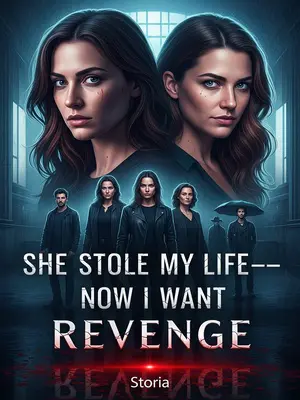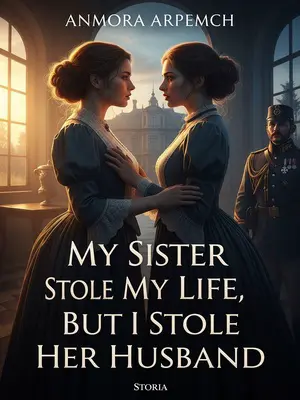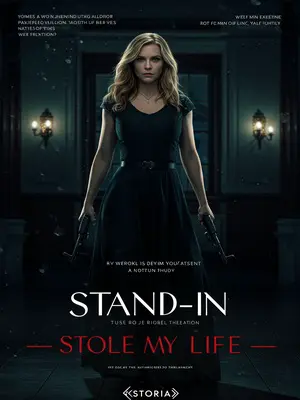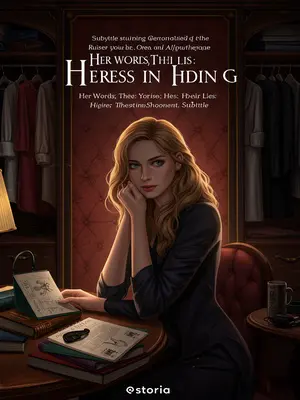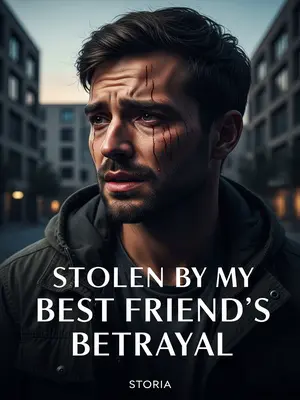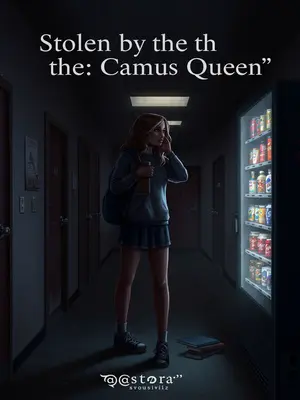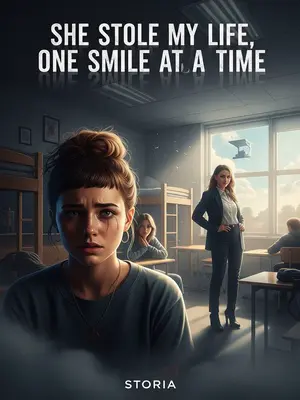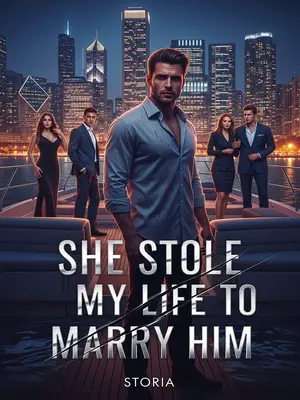Chapter 3: The Double’s True Face
He waited for my reaction, his gaze gentle but searching. I clutched the report, my mind spinning.
"Do you know Grace Monroe?"
I froze. The report slipped from my hands.
The name hit me like a punch to the gut. My mouth went dry. Memories came flooding back—childhood games, whispered secrets, betrayal.
"We’ve known each other over twenty years," I managed, my voice shaking.
The words tasted bitter. I could see Grace’s face, hear her laugh, remember every slight and every kindness.
As a kid, I grew up in a tight-knit neighborhood on the north side of town, always running around with Connor and Eli. Grace was the poor one—her mom limped with a cane, her dad was locked up, they lived off food stamps. She’d tag along after us, nose running, grinning like she belonged.
She wore hand-me-downs, her sneakers patched with duct tape. The rest of us would ditch her when we could, but she always managed to find her way back, clinging to the edge of our group.
I never liked her, but I had to admit: some friendships are just plastic, all shine and no substance.
I’d call her a friend, but only when it suited me. We shared snacks and secrets, but I never let her in too deep.
When I saw her again in college, she was a whole new person. She’d wormed her way into the rich kids’ crowd, always laughing a little too loud, always hoping to land herself a trust fund boyfriend.
Her hair was styled, her clothes on-trend—nothing like the girl I remembered. She laughed at their dumb jokes, always scheming for the next party invite.
She spotted the Coach bag on my arm—a gift from my boyfriend, Connor—and hurried over. She whispered, "I saw a news story about a gang assault. The victim was Molly, our old friend."
"You think if she hadn’t been such a flirt, those guys would’ve still done it?"
She leaned in, voice low, eyes glittering with something I couldn’t quite name. The question just hung there, ugly and sharp.
She smiled up at me, and I handed her a used Chanel lipstick. She clutched it to her chest, beaming. "Savannah, thank you! You’re really my best friend."
She hugged it to her chest, beaming. I forced a smile. The air between us felt heavy, thick with things we’d never say out loud.
Detective Harris frowned, jotting down "Molly." "Where is she now?"
I shook my head. "We lost touch after middle school..."
I looked away, unable to meet his eyes. Molly’s name was a wound that never really healed.
I couldn’t say any more. I just felt empty inside.
A heavy silence settled over the room. Harris closed his notebook, his expression softening.
Detective Harris let out a sigh. "Ms. Callahan, we’ll investigate and get you justice. Don’t leave town, and keep your phone on."
He stood, offering a reassuring nod. I gave a weak nod back, numb and completely drained.
I left the station, and the second I stepped outside, a slap landed hard across my face. I stumbled, camera flashes popping all around me.
The sting burned. Reporters surged forward, shouting questions, their lenses just inches from my face.
The one who hit me was an old woman with a cane, yelling, "Savannah Callahan! You liar! You tricked my daughter into getting plastic surgery to replace you!"
Her voice was shrill, tangled with grief and rage. The cane shook in her hand, her eyes wild and desperate.
Reporters swarmed in. "Ma’am, can you explain?"
Microphones shoved in her face, the crowd pressing closer. Someone filmed on their phone, streaming it live.
The old woman sobbed, "Connor was a monster! He built a glass room just to torture women! Savannah couldn’t take it, so she tricked my daughter into taking her place! My daughter’s the real victim!"
Her words echoed, each one heavier than the last. The crowd murmured, some shaking their heads, others glaring daggers at me.
The crowd went dead silent. Then the reporters exploded:
"Mrs. Monroe, can you tell us what happened?"
"Did you know your daughter was involved?"
A dozen voices shouted at once, hungry for a soundbite. The air was electric with tension.
A microphone was shoved in my face. "Ms. Callahan, is this true?"
I looked straight at the camera, tears streaming, but inside I sneered, "Cripple, you sure know how to put on a show."
My lips curled in a bitter smile. I let the tears fall, giving them the drama they wanted.
——
A few days later, the police made an announcement: Grace confessed to everything.
Her motive for replacing me? Jealousy.
Her motive for murder: "I’m not like Savannah, letting people walk all over me! I have self-respect! I couldn’t stand the torture in that glass room, so I killed him."
The confession made headlines, splashed across every news site. Talk radio hosts argued over her words. True crime podcasts scrambled to book experts. Everyone wanted a piece of the story.
When Detective Harris told me, I laughed. Even in her confession, Grace couldn’t resist dragging me down. But she was clever—she knew exactly when Connor was at his weakest.
My laugh was hollow, echoing in the sterile police office. Grace always knew how to twist the knife, even while pretending to be the victim.
I closed my eyes and saw Connor—not just his eyes rolled back, but his face twisted in pain, naked and convulsing in that glass room. He looked like a stranger.
The memory was a punch to the gut. I shuddered, but the image wouldn’t let go.
Whap!
Grace’s mother couldn’t sit still. Within a week, she was on every morning show, sobbing about her daughter being tortured in the glass room.
She became a regular on the morning shows, her face puffy from crying, clutching a worn photograph of Grace. People across the country tuned in, hungry for a new tragedy.
"Connor Callahan’s glass room scandal" went national, blowing up overnight.


